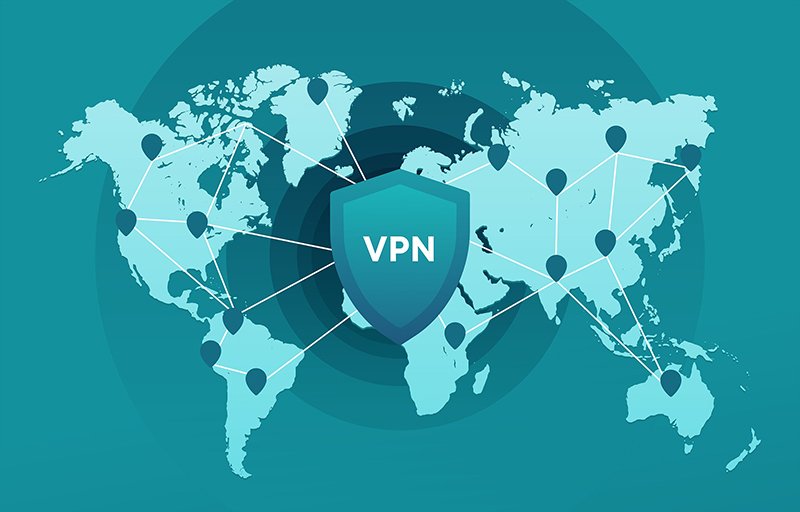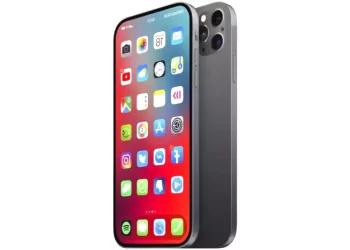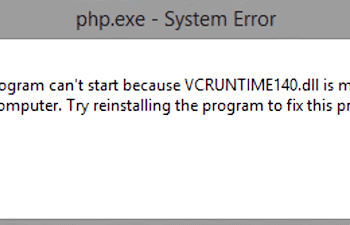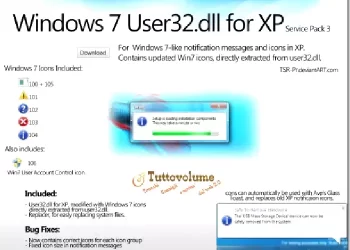What is a Virtual Private Network, or VPN? VPN extends to private networks, allowing users to share and receive data across public and shared networks. if their devices are to be connected directly to the private network. VPN is an essential tool for ensuring the security of online platforms. VPN is the most effective method for accessing blocked websites. In fact, the VPN will grant you access to the most recent movies available on Netflix platforms. VPN is the only means to access these restricted websites.
VPN stands for “Virtual Private Network”; a VPN allows you to change your IP address to that of a secure server. When you activate a VPN on your computer or laptop, the location of your device is altered. Additionally, the majority of users already utilize VPN on their devices to access blocked platforms. There are typically a variety of VPN applications for computers and mobile devices. It depends on which one fits your mobile device’s capabilities better. Due to the fact that most VPNs are not free, you must pay to use them. Therefore, I will walk you through the Top 10 best free VPN services (Virtual Private Network) using this guide.

The Virtual Private Network with the prevalent security feature. The VPN intends to add an additional layer of security to your private and public networks. A VPN, or “Virtual Private Network,” is the means by which users can gain access to more online platforms. VPN enables users to send and receive confidential data over a private network platform. Since the primary function of VPN is to access private networks, you must have a secure company network for your business. Keep in mind that all traffic passing through the VPN is secure.
The Benefits of Using a VPN for Online Security and Privacy
The use of a Virtual Private Network (VPN) is becoming increasingly popular as a way to protect online security and privacy. A VPN is a secure connection between two or more devices that allows users to access the internet without their data being exposed to third parties. This technology is used by individuals, businesses, and organizations to protect their data from malicious actors, such as hackers and government surveillance.
The primary benefit of using a VPN is that it provides a secure connection between two or more devices. This means that all data sent and received is encrypted, making it difficult for anyone to intercept or access the data. This is especially important when using public Wi-Fi networks, as these are often unsecured and vulnerable to attack. By using a VPN, users can ensure that their data is kept safe and secure.
Another benefit of using a VPN is that it can help to protect users’ privacy. By encrypting data, a VPN can prevent third parties from tracking a user’s online activities. This is especially important for those who use the internet for activities such as online banking or shopping, as it can help to protect their personal information from being accessed by malicious actors.
Finally, using a VPN can also help to improve a user’s online experience. By connecting to a VPN server in a different country, users can access content that may be blocked in their own country. This can be especially useful for those who travel frequently, as it allows them to access content that may not be available in their home country.
In conclusion, using a VPN is an effective way to protect online security and privacy. It provides a secure connection between two or more devices, helps to protect users’ privacy, and can improve a user’s online experience. For these reasons, using a VPN is becoming increasingly popular and is an important tool for anyone who wants to protect their data and privacy online.
Top 10 Best Free VPN Services for 2021
1. Windscribe: Windscribe is a free VPN service that offers 10GB of data per month and access to servers in 10 countries. It also offers a secure connection and no-logging policy.
2. ProtonVPN: ProtonVPN is a free VPN service that offers unlimited data and access to servers in three countries. It also offers a secure connection and no-logging policy.
3. Hotspot Shield: Hotspot Shield is a free VPN service that offers 500MB of data per day and access to servers in 20 countries. It also offers a secure connection and no-logging policy.
4. TunnelBear: TunnelBear is a free VPN service that offers 500MB of data per month and access to servers in 20 countries. It also offers a secure connection and no-logging policy.
5. Hide.me: Hide.me is a free VPN service that offers 2GB of data per month and access to servers in five countries. It also offers a secure connection and no-logging policy.
6. Speedify: Speedify is a free VPN service that offers 5GB of data per month and access to servers in 20 countries. It also offers a secure connection and no-logging policy.
7. Private Tunnel: Private Tunnel is a free VPN service that offers 2GB of data per month and access to servers in three countries. It also offers a secure connection and no-logging policy.
8. Opera VPN: Opera VPN is a free VPN service that offers unlimited data and access to servers in five countries. It also offers a secure connection and no-logging policy.
9. Avira Phantom VPN: Avira Phantom VPN is a free VPN service that offers 500MB of data per month and access to servers in five countries. It also offers a secure connection and no-logging policy.
10. Betternet: Betternet is a free VPN service that offers unlimited data and access to servers in 10 countries. It also offers a secure connection and no-logging policy.
How to Choose the Right VPN for Your Needs
Choosing the right VPN for your needs can be a daunting task. With so many options available, it can be difficult to know which one is best for you. Here are some tips to help you make the right decision.
First, consider your needs. What do you need a VPN for? Are you looking for a way to protect your online privacy, or do you need to access content that is blocked in your country? Knowing what you need a VPN for will help you narrow down your choices.
Second, consider the features offered by the VPN. Does it offer a wide range of servers? Does it have a kill switch to protect your data if the connection is lost? Does it offer a no-logs policy? These are all important features to consider when choosing a VPN.
Third, consider the cost. VPNs can range from free to expensive, so make sure you find one that fits your budget. Also, make sure you read the terms of service to make sure you understand what you are getting.
Finally, consider the customer service. Does the VPN provider offer 24/7 customer support? Is there a live chat option? These are important factors to consider when choosing a VPN.
By following these tips, you can make sure you choose the right VPN for your needs. With the right VPN, you can protect your online privacy and access content that is blocked in your country.





